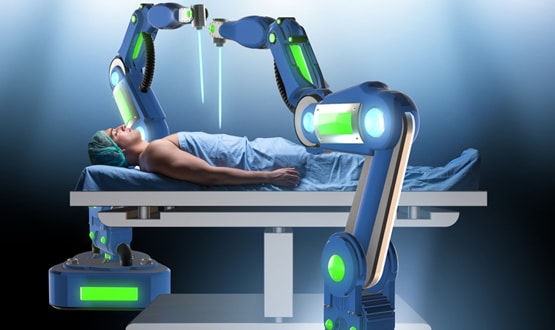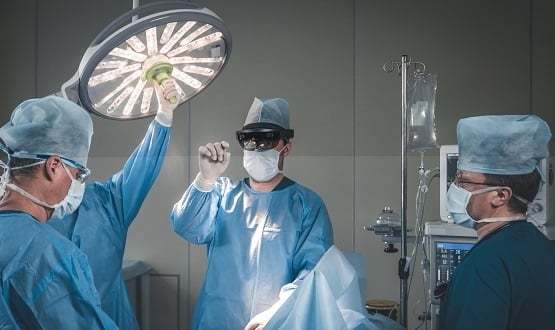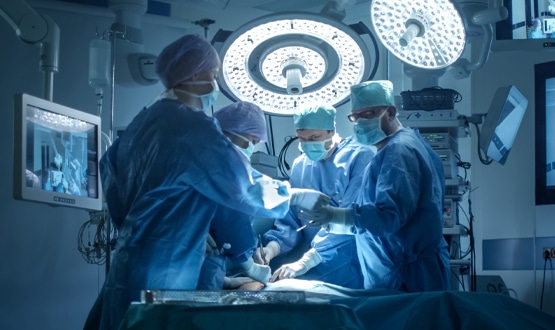The march of the robots
- 20 December 2017

Robotics can help the healthcare sector deliver better care with limited resources, argues Jeremy Russell. But for uptake to accelerate, companies will need to find ways to make products affordable, and organisations will need to earmark money for investment in the area.
Innovators across the globe are working hard to create robotics that will help overcome critical challenges. That includes in healthcare. The aim here will be to support organisations in meeting the fundamental and pervasive challenge of doing more with less.
But many such innovations have proved prohibitively expensive. Fortunately, some recent businesses have been created with a view to addressing this. The aim is to provide a stepping-stone for healthcare to embrace new medical technologies, while keeping within current tight budgets.
Researchers in the Bristol Robotics Laboratory (BRL), a collaboration between the University of the West of England and the University of Bristol, for instance, are creating new robotic tools and devices to be used semi-automatically under the supervision of surgeons during invasive medical procedures. The aim is to reduce trauma, speed up recovery and minimise costs.
On a larger scale, Google is now working with Johnson & Johnson’s medical device company Ethicon to develop AI surgical robots to assist surgeons during invasive operations.
The partnership will seek to use advanced imaging and sensors to assist surgeons by highlighting blood vessels, nerve cells, tumour margins, or other important structures that could be hard to discern in tissue by eye or on a screen.
The technology will also incorporate augmented reality to combine the numerous feeds of information currently spread across multiple monitors.
The Da Vinci Surgical System, meanwhile, uses a magnified 3D high-definition vision system with tiny flexible instruments far more manoeuvrable than the human hand.
This system eases and enhances a surgeon’s ability to operate safely and efficiently, yet has been limited in its use by high running costs.
OR Productivity’s tool, FreeHand, holds and manipulates laparoscopes and cameras during keyhole surgical procedures, to provide a rock-steady image for use by surgeons. When an operating theatre adopts this tool, it eliminates the need for at least one camera-holding medical assistant, and in-turn brings down the procedural costs. FreeHand is in talks with partners to combine devices and be able to offer a full low-cost robotic system for laparoscopic surgery.
With so many different (and in some instances complementary) technological solutions emerging to streamline healthcare, a technological revolution should be right around the corner.
Market projections appear to suggest that robotic surgery is winning the economic argument. The Surgical Robotics Market was evaluated at $3bn in 2014, and is expected to double to $6bn by 2020, according to Allied Market Research.
And due to a growing demand for minimally invasive procedures, the global market for laparoscopic devices alone is projected to reach $12.3bn by 2024.
As Joshua M. Brown, the influential New York City financial advisor predicts, the simple answer is to invest in the very technology driving these radical changes.
“Just own the damn robots,” he believes, is the solution.
Jeremy Russell is chief executive of surgical robotics firm OR Productivity




